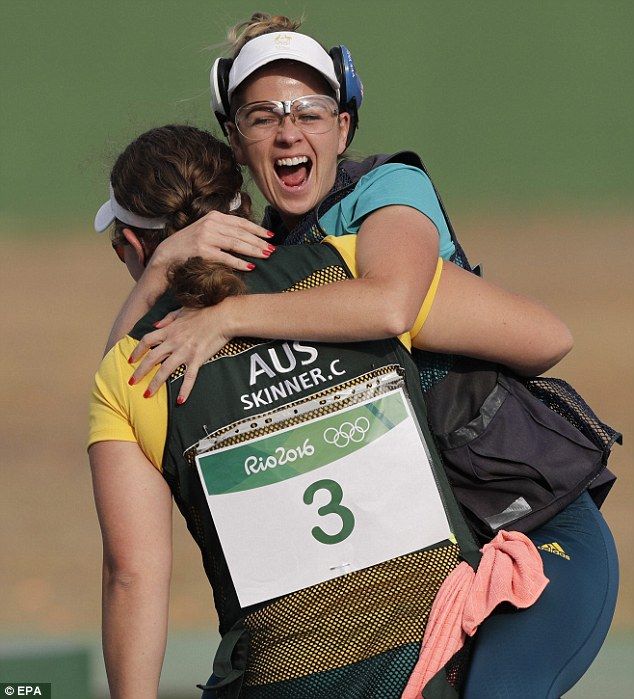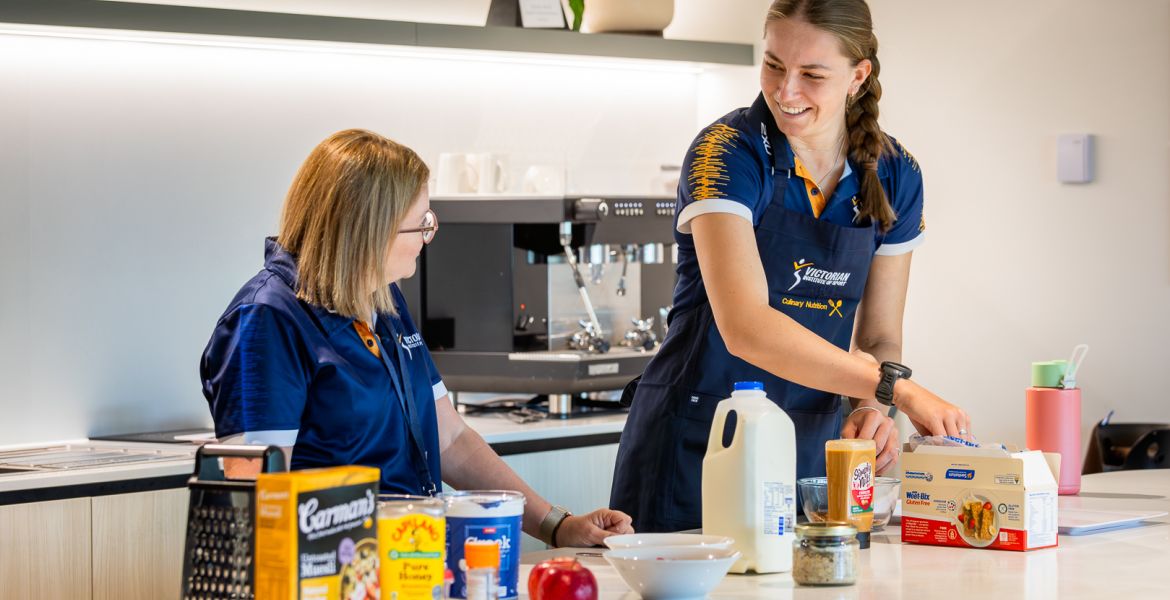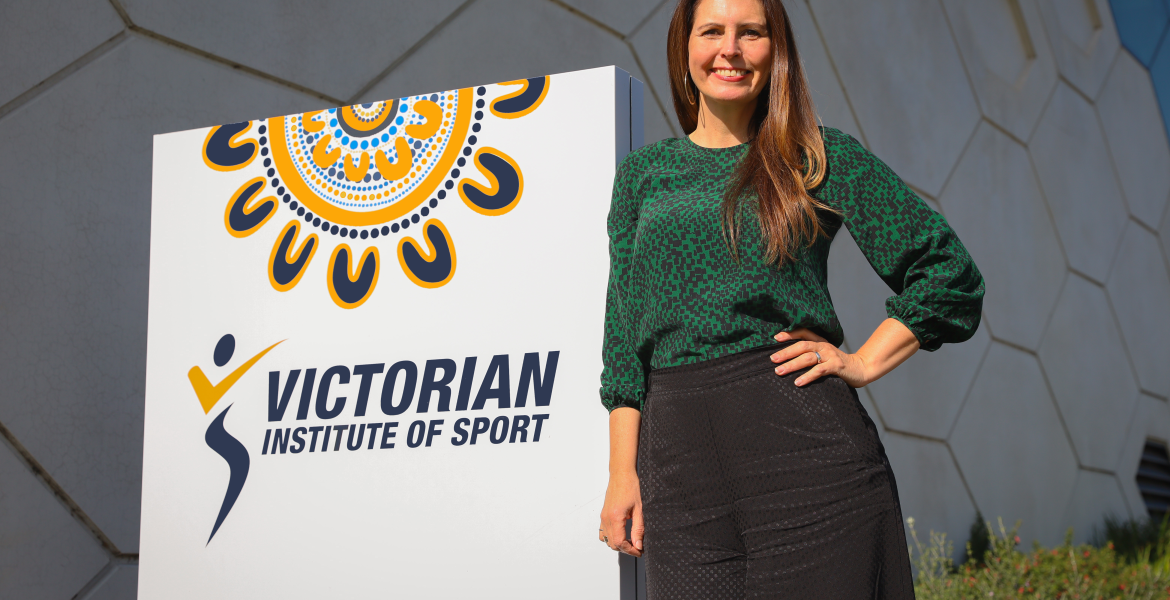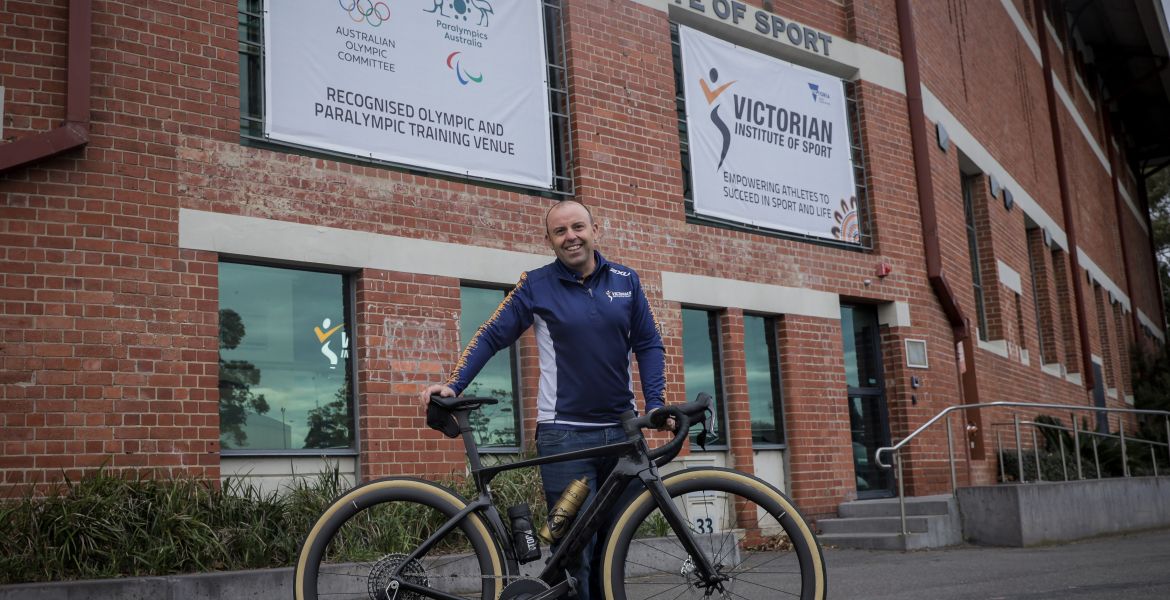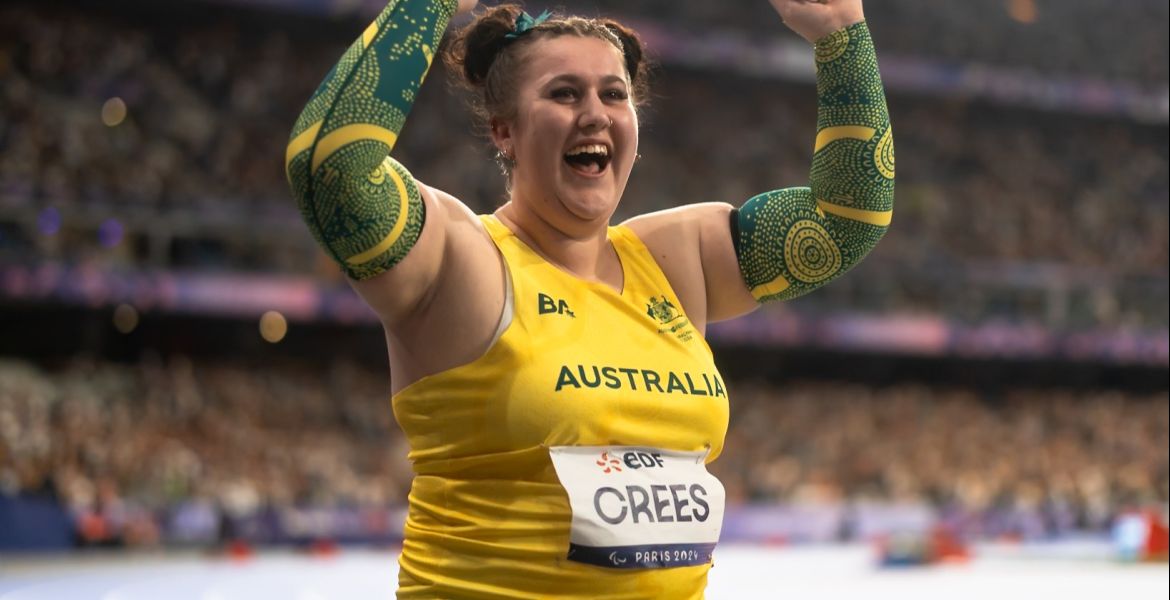Family upbringing, formal and informal education and training and employment experience stresses the importance of individual accountability for performance so when athletes and players join a sporting team the issue of mutual accountability arises.
In a sporting team and in particular the demonstration of on-field leadership, this issue becomes very evident, as an individual can be a source of concern for the coach when trying to foster team unity.
Athletes and players must display their influence skills to ensure that the team demonstrates mutual accountability for leadership performance both on and off the field. The nature of the influence is determined by the style and approach of the coach’s delivery. There are different ways to influence players and athletes:
- ADVICE- players hear from the coach
- RELATIONSHIPS- coaches build this relationship from feelings and sensitivity
- EXAMPLE- coaches will model by example so players see their behaviour
A team will be successful especially for on-field leadership performance if there is respect for the team’s values, purpose and game plan. Underlying this success is the need for trust and interdependence.

